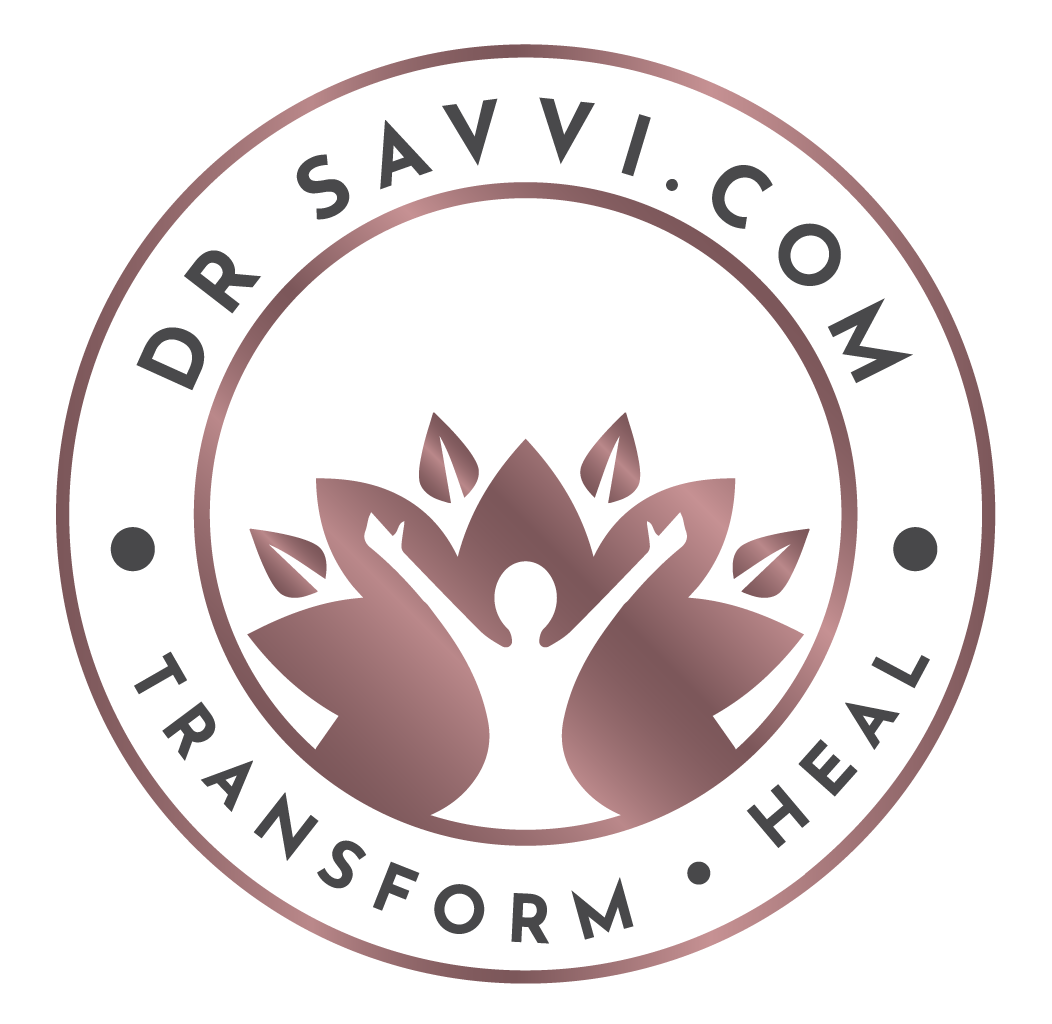Science is sexy!
- savvykr2007

- Sep 26, 2021
- 3 min read
This blog is dedicated to the person who spent 40 odd & awkward minutes beating around the bush before mentioning the word ‘orgasm’!

Despite orgasm being a near-universal human phenomenon, we still don’t know or talk much about it.
Orgasms are a truly altered,fleeting state of consciousness. And most people (though not all) experience them somewhat regularly.
So it's a bit surprising how seldom we talk about orgasms publicly — and scientifically, how little we know about them.
The amount of speculation Versus actual data on both the function and value of orgasm is remarkable.
Let us start with the basics - the body's sexual response is typically broken down in four stages ~ excitement, plateau of arousal, orgasm and resolution.
Following arousal the brain stimulates blood flow to the genitals, your heartbeat and breathing increase and the central nervous system is fully engaged sending signals of enjoyment to the brain's reward system.
Thousands of nerve endings constantly relay pleasure signals to the brain, resulting in an orgasm.
Orgasms literally take over your brain according to latest research. It is now been proven that heightened activation in the PFC (pre frontal cortex) occurs during female climax.
Over 30 areas of the brain are activated as we move from start to finish of the act,including those involved in touch, memory, reward and even pain.
However, there is significant deactivation in an area of the PFC called the left orbito-frontal cortex (OFC).
The OFC may be the basis of sexual control – and perhaps only by letting go,so to speak, can orgasm be achieved.
When you ask people how they perceive their orgasm, they describe a feeling of a loss of control. It is possible that the inability to let go and reach this altered state may be what prohibits individuals with anorgasmia from reaching climax.
As mentioned above,using functional MRI scans, scientists are able to see brain activity in over 30 discrete regions of our brains.
Our brains are flooded with the anticipatory and feel good hormone Dopamine, which makes you crave the feeling again.
This happens simultaneously with the release of Oxytocin, a hormone that mediates bonding and love between people.
Brain scans show that brain activity during an orgasm is the same between men and women.In both genders, the lateral orbital frontal cortex is turned off, which controls self evaluation, reasoning and control.This shuts down fear and anxiety, which is seen as the most essential aspect of leading up to orgasm.
The relaxation of the amygdala and hippocampus in women further reduce emotions producing a ‘trance like state’ while in men, it dampens aggressiveness.
Very often women and men believe that the key to improving their sex life is to increase the amount of sexual stimulation available in their lives ~ sex toys,roleplay and sexy lingerie!There's a sexual pedal in your brain that notices all the sexually relevant information in the environment, and it sends a signal from your brain down to your genitals asking it to ‘turn on’.
At the same time that ‘that’ is happening,there's also a brake that notices all the potential threats in the environment that tells your brain now is not a great time to be sexually aroused and it sends a signal that says ‘turn off’.
A much more likely way to improve the quality of sex life is actually to do stuff not related to sex at all but to improve the quality of your life in general,reduce stress, maximise trust in your relationship, improve your body image so that your level of arousal at any given moment has a balance which is achieved by switching off the turn offs & switching on the turn ons!
Benefits of having an orgasm
•You’ll boost your immune system (in the era of this pandemic.. this is godsend!)
•Pain blocking effect ~ your pain threshold improves due to surge of oxytocin and endorphins
•Increases lifespan
•Helps regulate menstrual cycle
•Better skin (Human growth hormone released during an orgasm stimulates collagen synthesis)
•Better sleep because orgasms are nature’s tranquillisers
•More self confidence & self esteem
•Delays degenerative brain disease (the brain gets a workout too)
•Lower your cortisol level and therefore are healthy especially for your heart
•In men,reduced risk of prostate cancer
•Improved cardiovascular health
•Improved mood due to all the feel-good hormones + stable partner = better,lasting relationship
No,orgasms don’t help with hiccups (do not fall for the pictures!) .. but RTT can help with most things when nothing else works!
Rapid Transformational Therapy can help with anorgasmia too along with all other sex related conditions.
Another suggestion for couples with intimacy issues is to try Sensual Salsa or Bachata - it might be just what you need. If you can walk - you can dance.Anyone can dance.
Maybe find a friendly, non judgemental and safe space to go and learn about movement and dance if you don’t dance.. and let the Universe handle the rest.
With love & Gratitude,
Savi




Comments